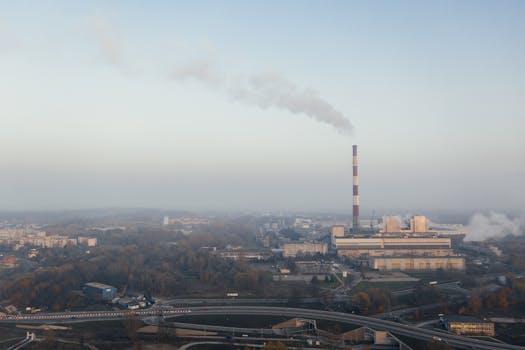
The Impact of Climate Change on Global Ecosystems
Introduction to Climate Change
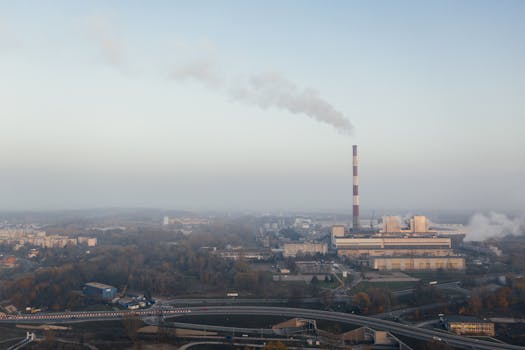
Climate change is one of the most pressing issues of our time, with far-reaching consequences for our planet and its inhabitants. Climate change refers to the long-term warming of the planet, which is primarily caused by the increasing levels of greenhouse gases in the Earth’s atmosphere. These gases, such as carbon dioxide and methane, trap heat from the sun and prevent it from being released back into space, leading to a rise in global temperatures.
Effects of Climate Change on Ecosystems
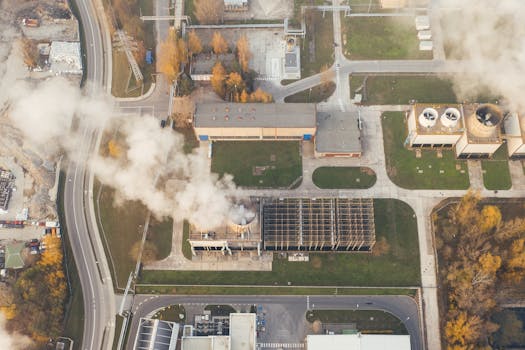
The impact of climate change on global ecosystems is multifaceted and widespread. Rising temperatures are altering the distribution and abundance of plants and animals, disrupting delicate food chains and web of life. More frequent and severe heatwaves, droughts, and storms are also having a devastating impact on ecosystems, leading to the loss of biodiversity and ecosystem disruption.
Rising Sea Levels and Coastal Erosion
One of the most noticeable effects of climate change is the rise in sea levels, which is causing coastal erosion and flooding. As the planet warms, the polar ice caps are melting at an alarming rate, leading to a significant increase in sea levels. This is having a devastating impact on coastal ecosystems, including coral reefs, mangroves, and salt marshes, which provide important habitat for a wide range of marine species.
Changes in Precipitation Patterns
Climate change is also altering precipitation patterns, leading to more frequent and severe droughts and floods. This is having a significant impact on ecosystems, particularly in areas where plants and animals are adapted to specific rainfall patterns. Changes in precipitation patterns are also affecting agricultural productivity, leading to food insecurity and economic disruption.
Consequences of Climate Change
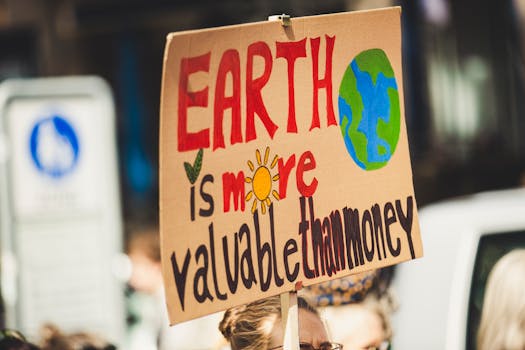
The consequences of climate change are far-reaching and devastating. Rising temperatures are increasing the spread of disease, heat stress, and other health problems, particularly in vulnerable populations such as the elderly and young children. Climate change is also having a significant impact on food security, leading to crop failures, reduced fisheries, and decreased access to clean water.
Loss of Biodiversity
One of the most significant consequences of climate change is the loss of biodiversity. As ecosystems are disrupted and species are forced to adapt to changing environmental conditions, many are at risk of extinction. This is having a significant impact on ecosystem function and resilience, making it more difficult for ecosystems to recover from disturbances and maintain their natural balance.
Mitigating the Effects of Climate Change
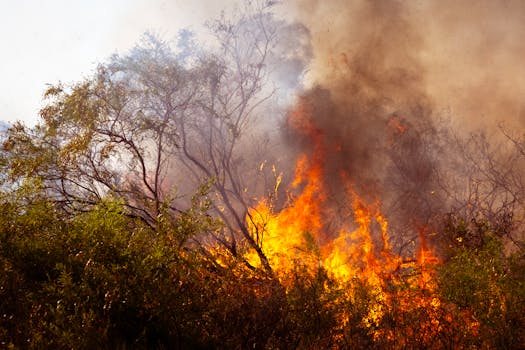
While the effects of climate change are far-reaching and devastating, there are steps that we can take to mitigate them. Reducing greenhouse gas emissions, transitioning to renewable energy sources, and increasing energy efficiency can all help to reduce the rate of global warming. Protecting and restoring natural ecosystems, such as forests, wetlands, and coral reefs, can also help to maintain ecosystem function and resilience.
Climate Change Adaptation and Resilience
In addition to mitigating the effects of climate change, it is also important to build climate resilience and adapt to the changing environmental conditions. This can involve developing climate-resilient infrastructure, implementing early warning systems for natural disasters, and providing climate information and services to support decision-making.
Conclusion

In conclusion, climate change is having a profound impact on global ecosystems, from rising temperatures to more frequent natural disasters. The consequences of climate change are far-reaching and devastating, but there are steps that we can take to mitigate them. By reducing greenhouse gas emissions, protecting and restoring natural ecosystems, and building climate resilience and adaptation, we can help to maintain ecosystem function and resilience, and ensure a sustainable future for our planet.



